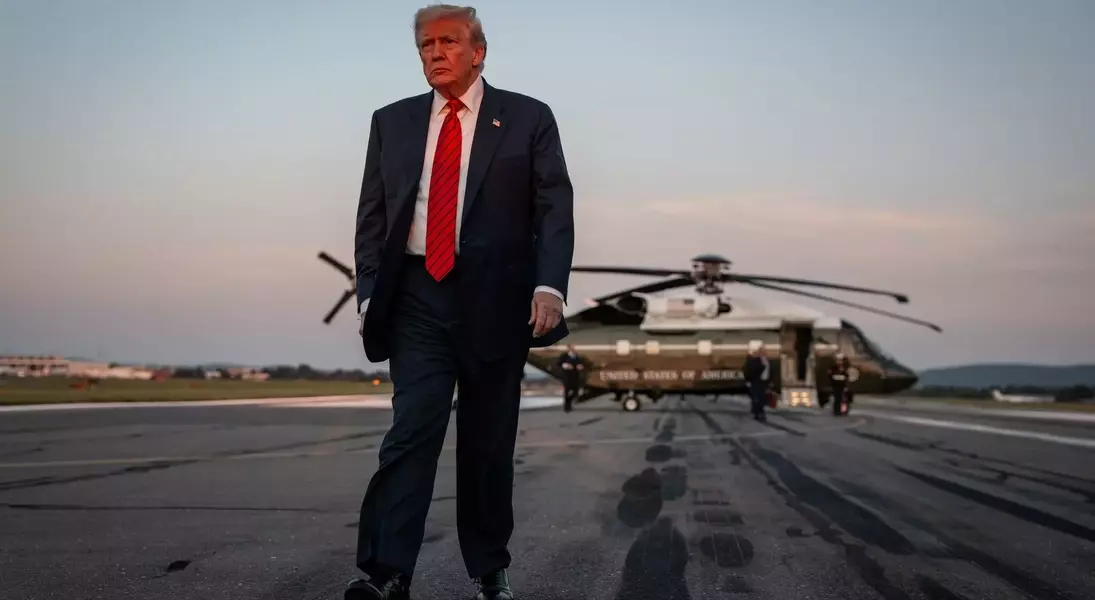
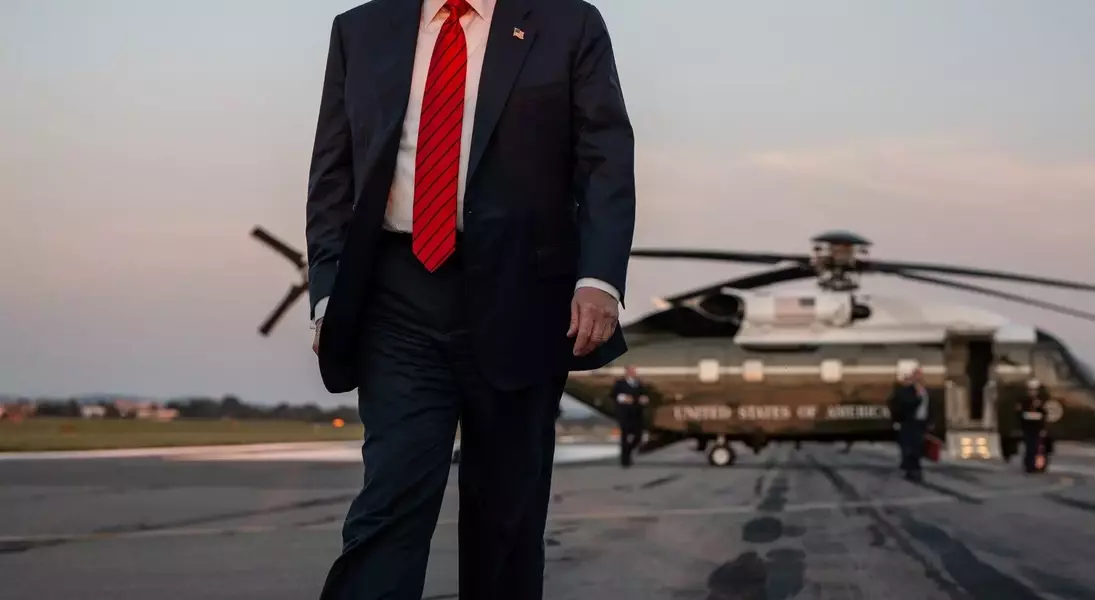
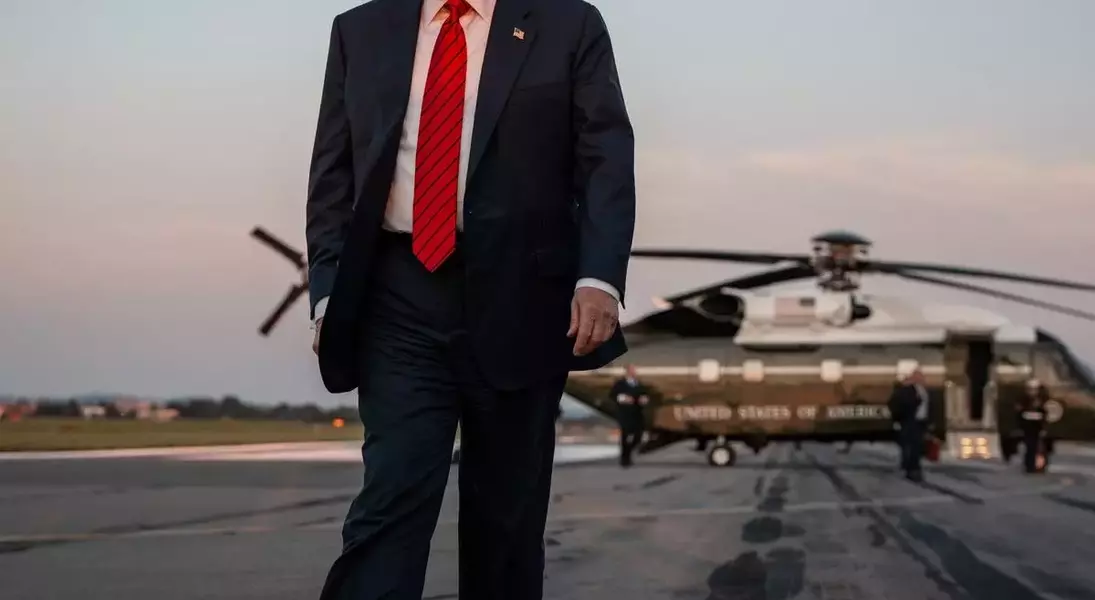
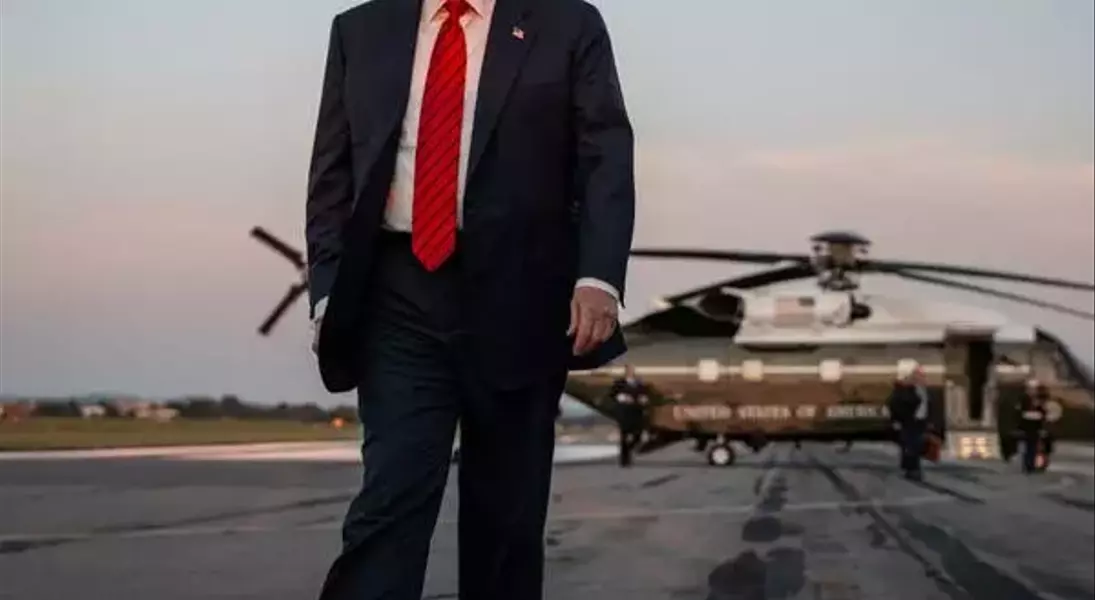
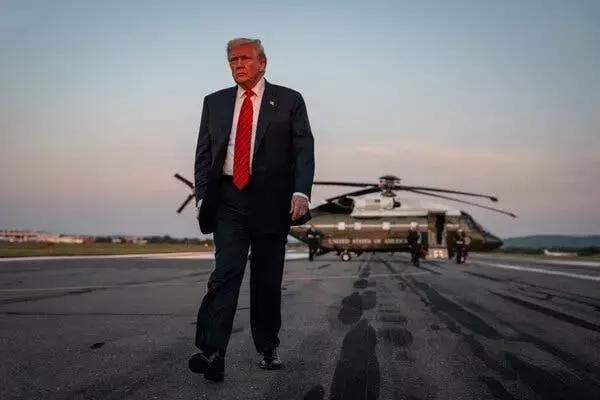
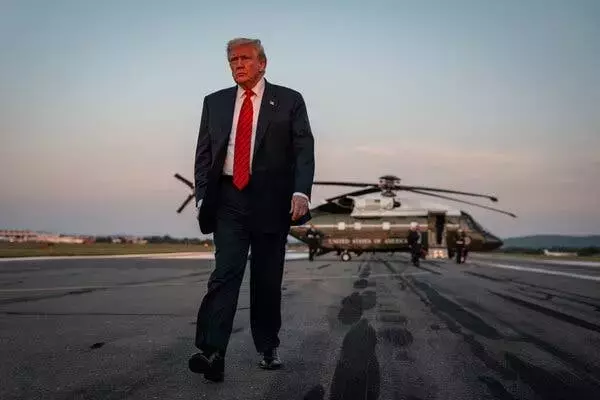
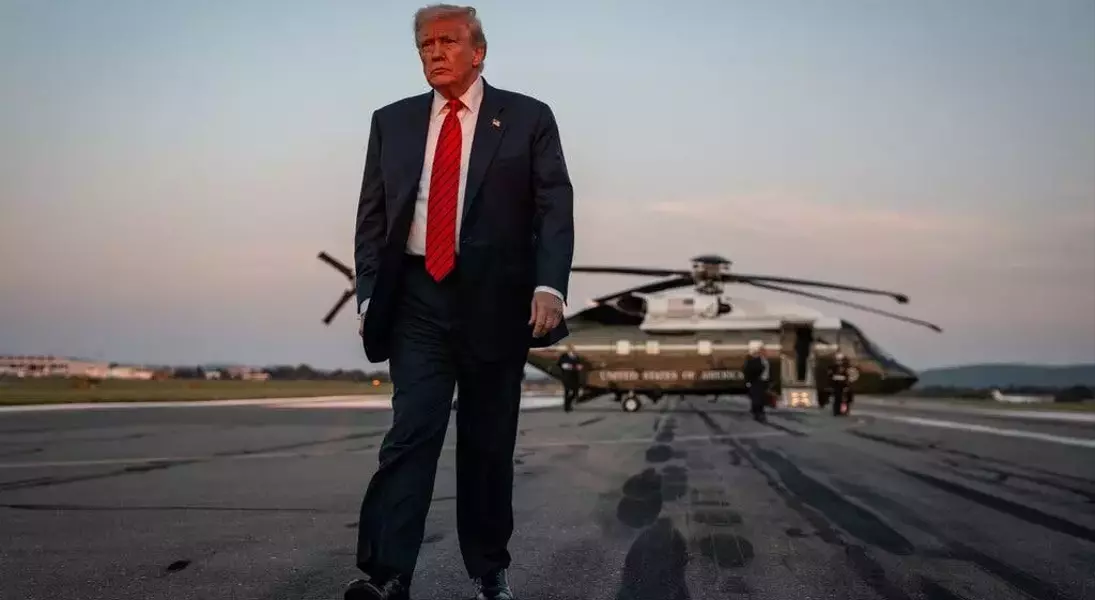


Recent global and domestic developments highlight a complex interplay of political strategy, economic governance, and international relations. A notable incident involved the dismissal of a high-ranking Labor Department official responsible for employment statistics, an action that immediately followed the release of a disappointing jobs report. This move has ignited debates about the independence of government agencies and the political motivations behind such personnel changes. Simultaneously, the U.S. Senate confirmed a controversial figure, Jeanine Pirro, to a significant judicial position, underscoring the current administration's approach to legal appointments. These events, alongside former President Trump's surprising declaration regarding the repositioning of nuclear submarines and China's new restrictions on its civil servants' international travel, paint a picture of a world in constant flux, where power dynamics and strategic decisions shape the global landscape.
The removal of the Labor Department's economic data head, an individual integral to compiling critical employment statistics, occurred just after a weak jobs report became public. This particular timing has fueled speculation regarding the administration's desire for more favorable economic narratives, prompting questions about the impartiality of official data. The historical context of such interventions suggests potential risks to public trust in governmental economic indicators, a cornerstone of policy-making and market stability.
In a separate but equally impactful development, the U.S. Senate proceeded with the confirmation of Jeanine Pirro as the U.S. Attorney for the District of Columbia. This appointment, given Pirro's background as a former television host and her public alignment with certain political factions, has drawn considerable attention. Critics and supporters alike are analyzing the implications of this choice for the legal system and its perceived independence in the nation's capital.
Adding another layer to the geopolitical narrative, former President Trump's assertion about ordering the repositioning of nuclear submarines as a warning to Russia has sent ripples across international diplomacy. This statement, if accurate, represents a highly unusual public disclosure of strategic military movements, potentially escalating tensions and redefining the parameters of international deterrence. Such declarations necessitate careful examination of their intent and their broader impact on global security.
Furthermore, China's decision to impose new travel restrictions, specifically limiting public employees' access to passports and study abroad opportunities, points to an evolving domestic policy focused on control and national security. This measure has implications for international academic exchange, economic ties, and the personal freedoms of Chinese citizens. The global community is keenly observing how these internal policies might shape China's engagement with the rest of the world.
These interconnected events—ranging from domestic appointments and economic policies to international strategic posturing and internal societal controls—collectively underscore the current era's complexities. They reflect the diverse challenges faced by nations worldwide, from maintaining economic integrity to navigating intricate geopolitical relationships, all while grappling with evolving societal norms and governmental oversight.
